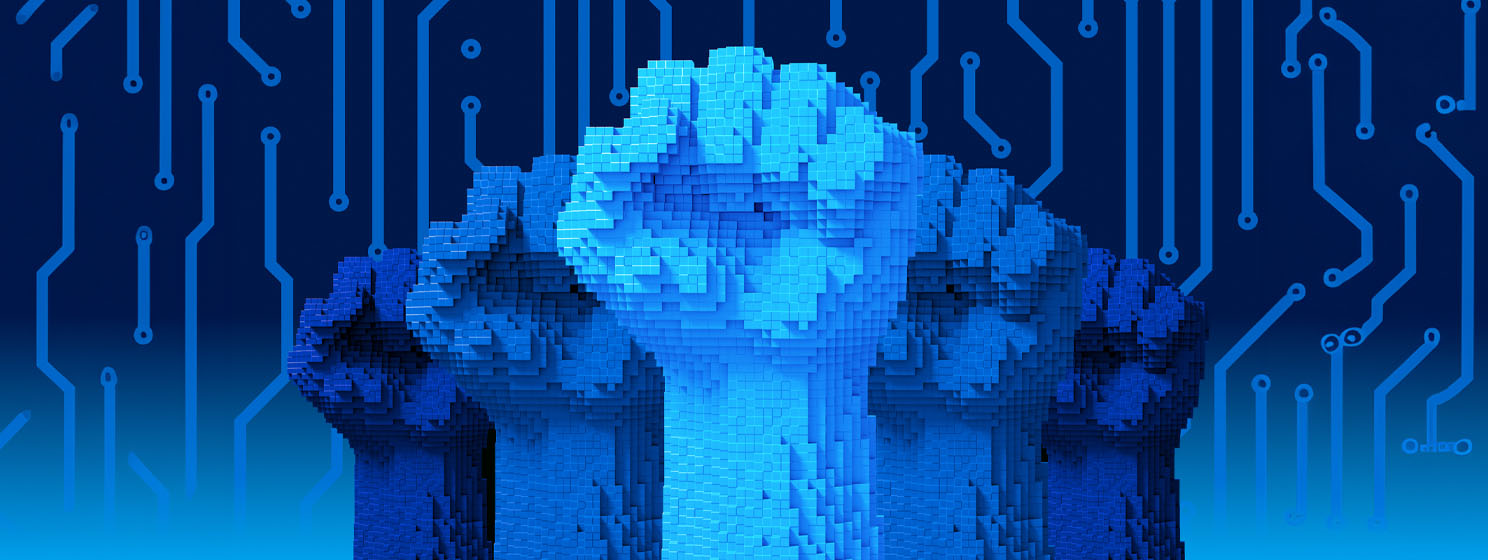|
Getting your Trinity Audio player ready...
|
One of the continent’s top industry experts has warned that African nations must develop their own infrastructure and prioritize digital sovereignty or risk becoming a “digital colony.”
In his keynote address at the 2025 CEO Summit in Accra, Moses Kwesi Baiden Jr. called on African leaders to build technology solutions for Africa and stop the dependence on the West. Baiden is the CEO and founder of Margins Group, an Accra-based identity solution firm that produces Ghana’s national ID cards.
“Africa must not remain on the periphery of global transformation. We must build an Africa where data is sovereign, systems are secure, and innovation is homegrown. The time for building is now. In the world that’s coming, you either build or you are built,” he stated.
According to Baiden, recent global trade tensions, sparked by conflicts in the Middle East and Eastern Europe, as well as Donald Trump’s tariffs, point to a future in which every region will prioritize self-sufficiency. This includes tech, a sector where Africa has overwhelmingly relied on solutions developed in the West or Asia.
This overreliance on imported solutions leaves the entire region vulnerable to shakeups and disruptions beyond its control, Baiden added. It could ultimately make the continent a “digital colony” that abides by rules it didn’t write.
“Imagine a future where your corporate memory, your data, your identity can disappear overnight—not due to your failure, but because of decisions made halfway across the world.”
Baiden’s warning is supported by data; only 2% of the data produced in Africa is stored on the continent. The region is home to 200 data centers, which account for less than 1% of the global figure.
This infrastructural deficit has denied Africans the opportunity to own their data, which ends up in the hands of tech giants that profit from it. Consequently, the region is unable to meaningfully participate in shaping global systems, which are usually designed to best fit other markets.
Artificial intelligence (AI) is a prime example: few AI models have been designed to accommodate Africa’s diversity in culture and language. While some governments and private sector players are building localized large language models (LLMs), they can’t compete with global giants like OpenAI and Google (NASDAQ: GOOGL), whose models are trained mainly on Western data and promote Western values.
“We cannot be spectators in a future designed by others. If we do not act now, we risk becoming casualties of it,” Baiden warned.Egypt invests $256M in digital transformation
As Africa marches toward digital sovereignty, the continent’s second-largest economy is set to invest EGP13 billion ($256 million) to boost its digital transformation.
Egyptian Planning and Economic Development Minister Rania-Al Mashat recently announced the investment, revealing that $177 million would come from the state budget. The aim is to make government service delivery more efficient and make Egypt a regional Information and Communication Technology (ICT) hub, she added.
Notable projects will include rebuilding the digital government network and expanding the scope of services offered through ‘Digital Egypt.’ The target for this year is for a third of the populace to access government services digitally.
The government will also train over 600,000 citizens in ICT skills and build new innovation centers nationwide. It targets EGP6 billion ($118 million) in revenue from tech outsourcing services over the next year, although an April report projected that AI could wipe out 40% of Africa’s outsourcing sector jobs.
The ICT sector has been one of the fastest growing in Egypt, with an annual growth rate of 15%. In addition to direct employment, it has contributed to the growth of other industries by developing homegrown solutions to the country’s challenges in healthcare, agriculture, tourism, manufacturing, and more, Mashat noted.
Egypt joins dozens of other African nations investing heavily in digital transformation, with digital identity serving as the foundation of this revolution. Nigeria, South Africa, Zambia, Kenya, Zimbabwe, and several others have unveiled initiatives over the past year to upgrade their citizens to digital ID, with partners like the World Bank and Microsoft (NASDAQ: MSFT) playing a big role.
Watch: Blockchain is changing Nigeria’s tech city ecosystem

 02-25-2026
02-25-2026 




